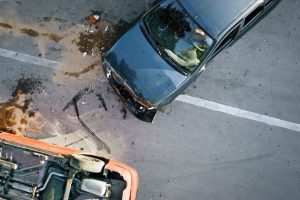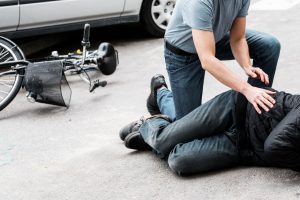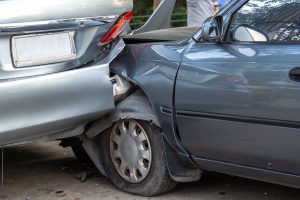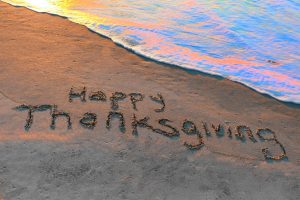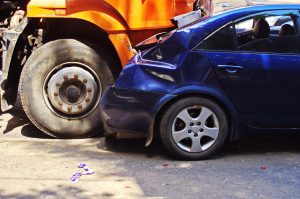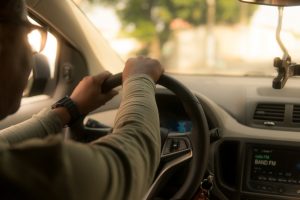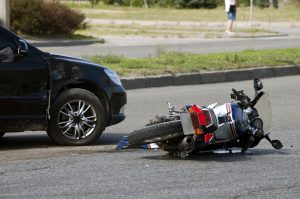As Palm Beach personal injury lawyers, our clients are those who have been impacted by the negligence or wrongdoing of others. However, we have occasionally heard of incredulous third-party defendants who wonder how they could possibly be held liable for someone else’s misdeeds. But there are quite a few instances in Florida injury law wherein statute allows for vicarious and third-party liability. Car accident cases may be among these. 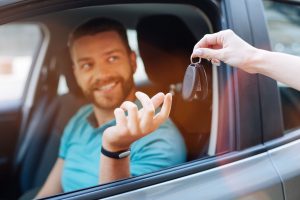
In general, there are three ways third parties can be liable for Florida car accidents:
- Drunk driving accidents. In drunk driving accidents, third parties, such as bars or social hosts, can be held legally responsible per F.S. 768.125, if they either served alcohol to the impaired driver prior to the crash – knowing they were either under the age of 21 or habitually addicted to alcohol. This is called “dram shop liability.”
- Employers of negligent drivers. If a tow truck driver is on the job and runs a red light, crashing into another car and causing serious injuries, the tow truck driver’s employer may be held liable – even if the company technically did nothing wrong. Employers can be held vicariously liable for the negligence of their employees if the workers were acting in the course and scope of employment at the time of the incident. This is based on a legal doctrine called respondeat superior, which is Latin for “let the master answer.”
- Vehicle owners. This is where we sometimes hear the question, “Can I be sued in South Florida if someone else wrecks my car?” And the answer is: Yes. Florida is a little unique in this because of its recognition of the dangerous instrumentality doctrine. Basically, it was established in the 1920s by the Florida Supreme Court that motor vehicles are recognized as inherently dangerous instruments. As such, if you own one and you allow someone to use it (with express or implied permission) and that person goes on to operate it in a way that is negligent and causes harm to others, YOU can be held legally responsible. This is another example of vicarious liability for someone else’s negligence. However, it only applies if you have given that driver permission. If someone steals your car and then wrecks it, you would not be vicariously liable in that instance.
Sometimes, vehicle owners can be found directly negligent too – even if they weren’t operating the vehicle. As our Palm Beach personal injury lawyers can explain, there may also be grounds for negligence as well. Continue reading
 South Florida Injury Lawyer Blog
South Florida Injury Lawyer Blog



